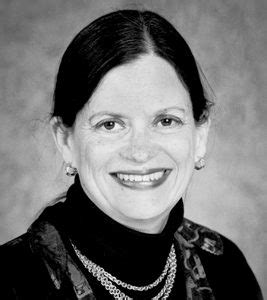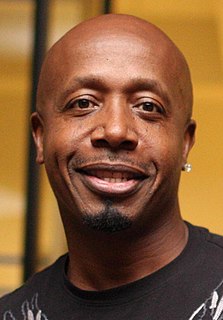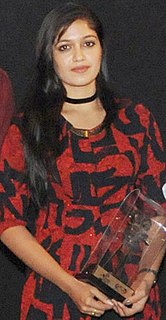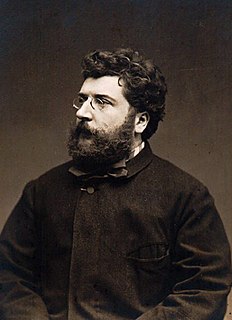A Quote by Daniel Barenboim
Beethoven's importance in music has been principally defined by the revolutionary nature of his compositions. He freed music from hitherto prevailing conventions of harmony and structure.
Related Quotes
The point of recapitulation in the first movement of Beethoven's Ninth Symphony unleashes one of the most horrifyingly violent episodes in the history of music....The point is not to hold up Beethoven as exceptionally monstrous. The Ninth Symphony is probably our most compelling articulation in music of the contradictory impulses that have organized patriarchal culture since the Enlightenment. Moreover, within the parameters of his own musical compositions, he may be heard as enacting a critique of narrative obligations that is...devestating.
Salieri was a pupil of Gluck. He was born in Italy in 1750 and died in Vienna in 1825. He left Italy when he was 16 and spent most of his life in Vienna. He's the key composer between classic music and romantic music. Beethoven was the beginning of romantic music, and he was the teacher of Beethoven and Schubert.
I've been making films with almost no dialogue (laughs), so sound and music become a very powerful character to tell the story. It's almost like with sound and music and images, it's your tool to tell the story, especially when I decide to structure the film in a way that usually goes against the conventions of the three-act structure which most films are made out of.
Chance the Rapper: if you listen to his narrative and the subject matter he covers in his music, you can see that he's strong, courageous and shows vulnerability. He asks some very poignant questions in his music and is still very melodic. The harmony and the melody of the music allows you to also come in closer.
What we call music in our everyday language is only a miniature, which our intelligence has grasped from that music or harmony of the whole universe which is working behind everything, and which is the source and origin of nature. It is because of this that the wise of all ages have considered music to be a sacred art. For in music the seer can see the picture of the whole universe; and the wise can interpret the secret and nature of the working of the whole universe in the realm of music.
When we come to understand architecture as the essential nature of all harmonious structure we will see that it is the architecture of music that inspired Bach and Beethoven, the architecture of painting that is inspiring Picasso as it inspired Velasquez, that it is the architecture of life itself that is the inspiration of the great poets and philosophers.
Aladdin in his most intoxicated moments would never have dreamed of asking his [djinn] for [a polaroid] ... It's utterly new in concept and appearance, utilizing an utterly revolutionary flash system, an utterly revolutionary viewing system, utterly revolutionary electronics, and utterly revolutionary film structure.




































